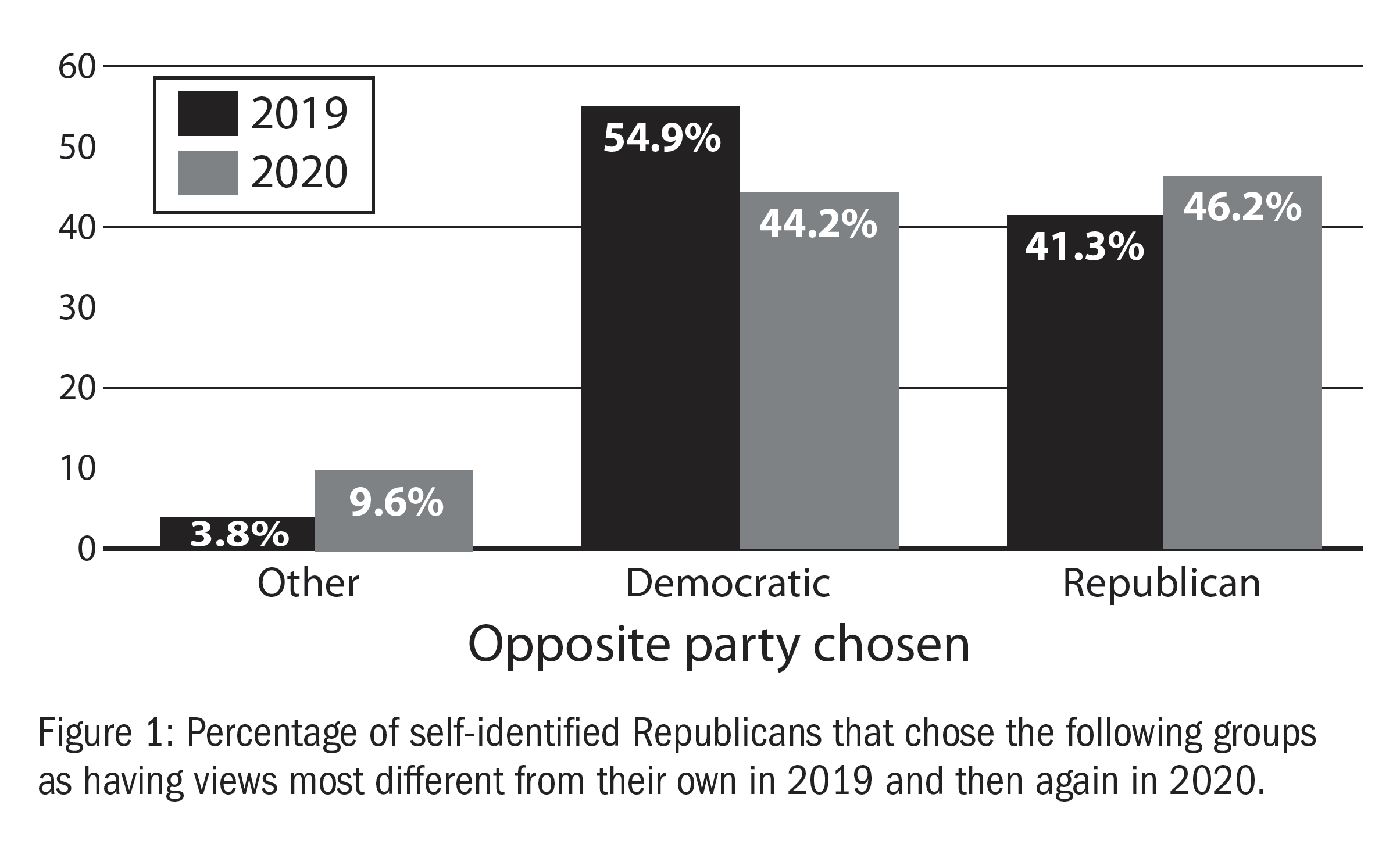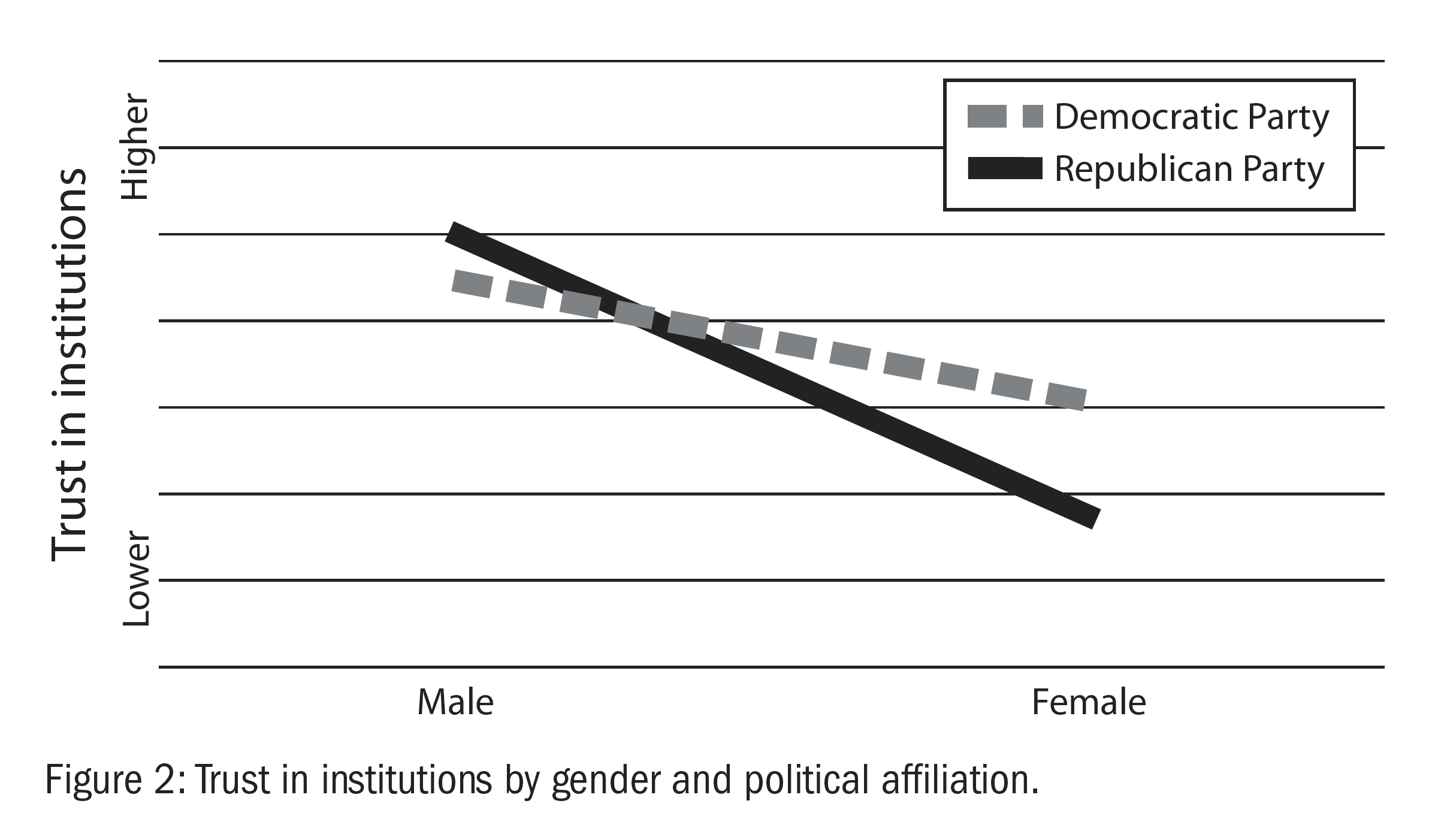BY ANONDAH SAIDE, KEVIN MCCAFFREE, AND MARSHALL MCCREADY
In mid-2020, the Skeptics Society launched the Skeptic Research Center1 (SRC) —a collaboration between the Skeptics Society and qualified researchers. The SRC was created to better understand what misconceptions most divide our society, and to empower the public with the knowledge necessary to think critically about current events. In the December 2020 issue of Skeptic, we reviewed the reports released from our first collaboration. In this article, we will review the findings from our second collaboration.
The Skeptic Research Center collaborated again with the Worldview Foundations Research Team,2 composed of sociologist Kevin McCaffree, psychologist Anondah Saide, and research assistant Marshall McCready. For this second collaboration, called the Civil Unrest and Presidential Election Study (CUPES), the team examined Americans’ social and political attitudes in light of the substantial social and economic unrest of Summer 2020. CUPES investigated how events such as the presidential election, the George Floyd protests, and the COVID-19 pandemic impacted the attitudes of fourteen hundred Americans regarding a variety of topics.
Our findings were released across nine reports published by the SRC between November 2020 and March 2021. The reports, as well as detailed supplementary statistical information, are freely accessible on the Skeptic Research Center website. The titles of these reports reflect the study’s key topics:
- Did Political Disunity Change in 2020? (#1)
- Intolerance Is Lower Than You Might Think (#2)
- Inequality and the Economy: Pandemic Tradeoffs (#3)
- Trust in Institutions (#4)
- Censorship Attitudes and Voting Preferences (#5)
- Outside of Politics, What Else Predicts Attitudes
- Towards Censorship? (#6)
- How Informed are Americans about Race and
- Policing? (#7)
- Why Are People Misinformed About Fatal Police
- Shootings? (#8)
- Has Time Spent with Family and Friends Declined? (#9)
Below, we will discuss six central themes we identified across our findings. We’ll refrain from commenting about the potential implications of what we found because we elicited the interpretations of these findings from Skeptic readers such as yourself. These reader responses can be found at the end of this review.
Theme 1: Intra-Party Unity
In a study we conducted in 2019, we found greater political disunity among Democrats than Republicans.3 In response to the question, “If you had to choose, which political group do you think is most different to your own political views, currently?” Democrats were statistically as likely to select the Democratic Party as they were to pick the Republican Party. However, in our follow-up study, we found that this in-group bickering amongst Democrats had begun to reverse. Between 2019 and 2020, it seems that the Republican Party became less unified, while Democrats became more unified.4 For example, from 2019 to 2020 there was a 5 percent increase in Republicans choosing their own party as being opposed to their political views, along with a 11 percent drop in Republicans choosing Democrats (see Figure 1 below). In contrast, the percentage of Democrats who reported greater political disagreement with their own party dropped about 10 percentage points during the same period.

Theme 2: Gender and Politics
Men and women differed systematically across several dimensions in our 2020 study (CUPES). Gender was related to support for freedom of speech and freedom of thought such that women, regardless of partisan affiliation, expressed significantly lower support than did men.5 We also found gender to be related to changes in socializing during the COVID-19 pandemic. We asked how often respondents spent time with friends and family in 2019 and 2020. Compared to their male counterparts, women of both political parties reported significantly greater reductions in time spent with friends.6
Republican women and Democrats of both genders reported similar reductions in time spent with family. In fact, only Republican men reported no decrease in time spent with family from 2019 to 2020. Finally, we found that women reported significantly lower levels of trust in institutions than men.7 Republican women, in particular, reported the lowest overall trust in the news media, political officials, hospitals and doctors, and educational institutions (see Figure 2).
READ THE ARTICLE (FREE)

